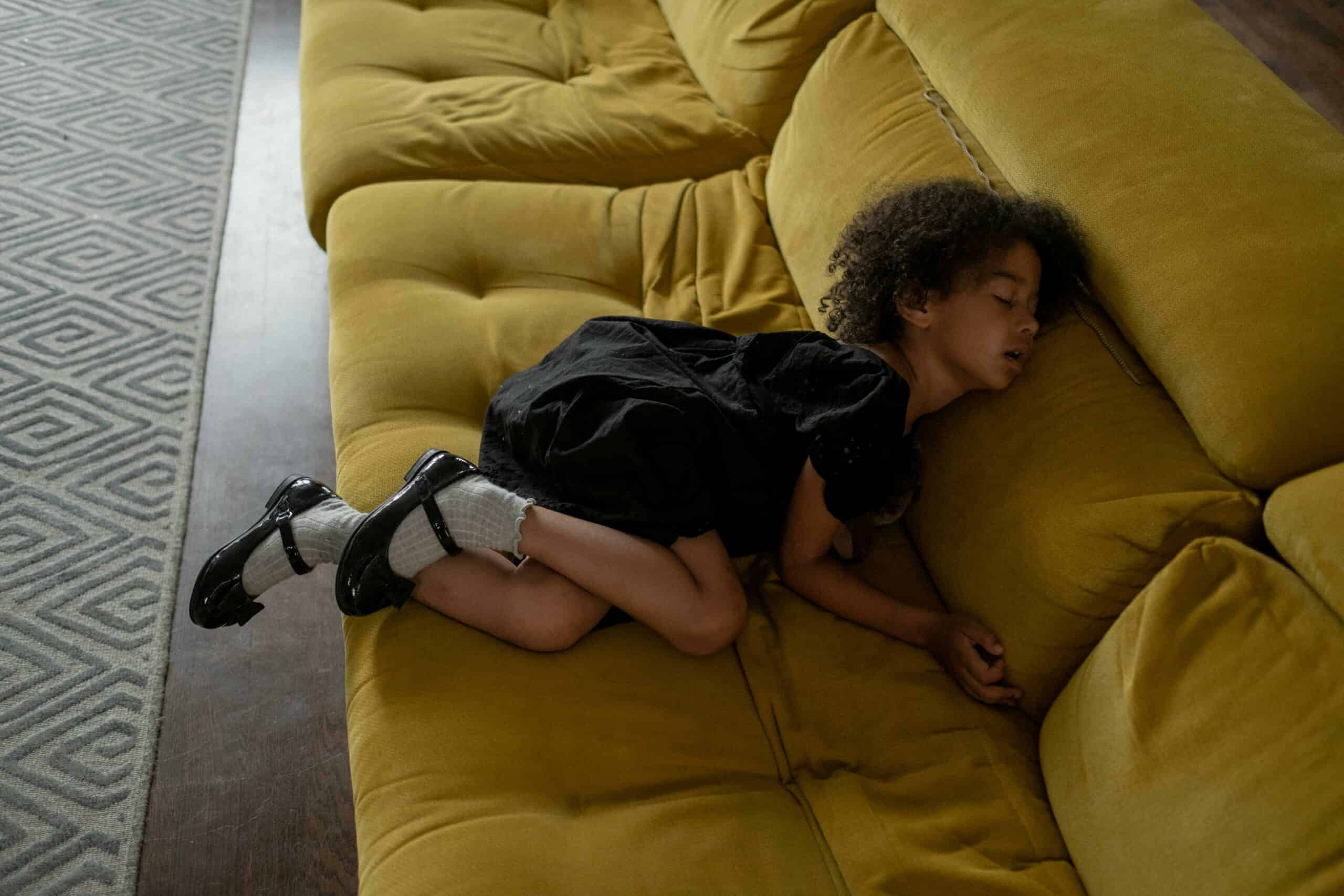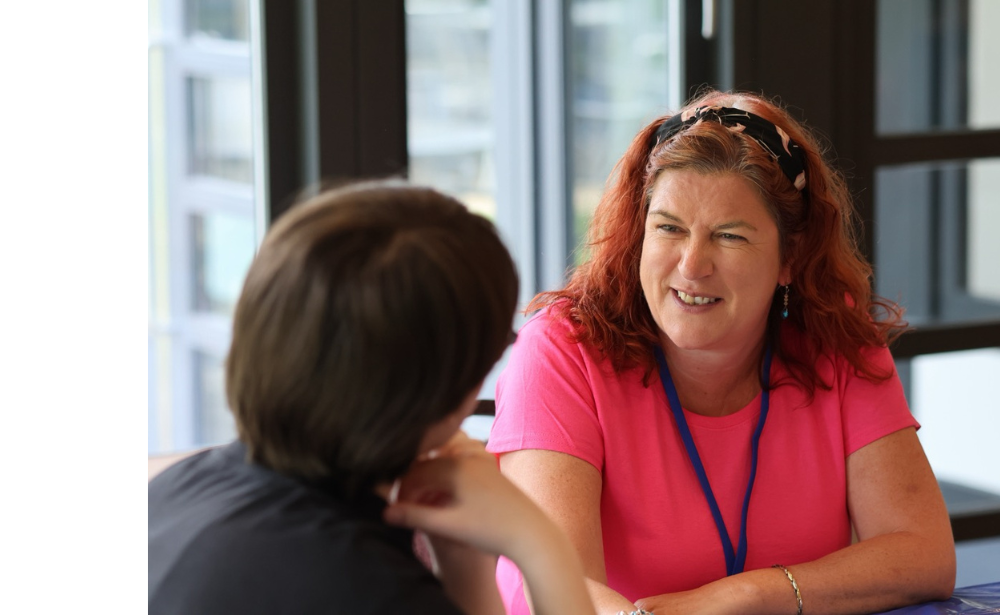Children benefit from having a calm bedroom environment to promote relaxation and get a good night’s sleep.
It is important to spend time planning your child’s bedroom or reorganising your child’s bedroom to make sure that it is relaxing rather than stimulating.
Beware that some products on the market can actually over simulate children or lead them to develop sleep associations that cannot be maintained throughout the night.
Remember never use the bedroom as a place where your child is sent as a sanction. It is important that your child views their bedroom as a positive space.
Top tips to make sure that your child’s bedroom is restful and helps to promote sleep:
- It is important not to have the bedroom too warm. Ideally the bedroom temperature should be around 16 to 18 degrees.
- Remember, watching television is very stimulating and can interfere with the body’s production of the sleep hormone, melatonin. Make the bedroom a screen free zone, this includes computers and mobile phones.
- Ensure your child’s bedroom is not too cluttered. Make sure stimulating toys are removed from the room, put out of sight or covered up.
- Safe Space – is your child likely to ‘wander’ at night, do you need to put noisy toy by the door to hear them if they awaken? If ‘risky’ behaviour such as trying to cook/use knives in the night is likely to occur, do you need a door alarm to alert you- or keypad on kitchen door?
- Sensory considerations – does your child need white noise such as a fan or weighted blanket?
- Light – does child need a light on? A dark bedroom environment can help to support a good night’s sleep. Blackout blinds can be helpful, particularly during the summer months. Researchers at Oxford University established it was green light that produced a rapid sleep onset. As long as the light is low wattage, and not blue!
- If your child is afraid of the dark or has a visual/hearing impairment they may find a totally darkened room makes them feel anxious. If you use a nightlight, choose one that is green, red or orange and that can be safely left on all night.
- If possible avoid props such as mobiles and light shows to help your child to sleep. If you do decide to use such props they need to continue throughout the night.
Sign up for news and updates
Subscribe to our newsletter for regular updates.


